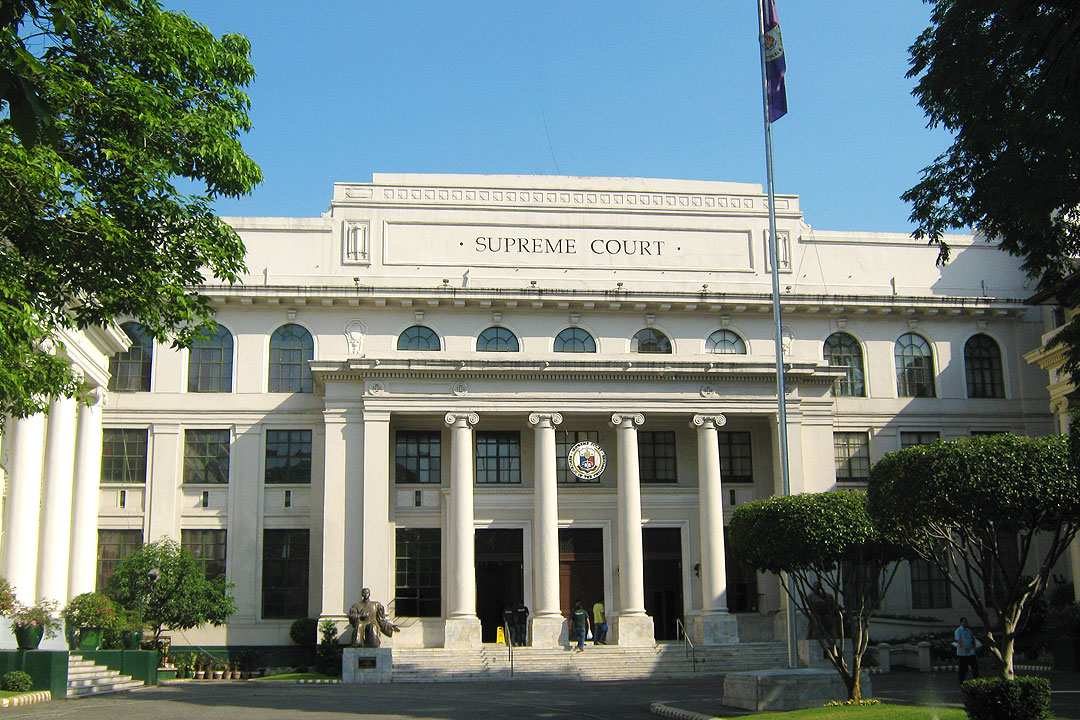SC ruling on prisoners scored

THE SUPREME COURT’s (SC) ruling allowing prisoners convicted of heinous crimes to be entitled to the Good Conduct Time Allowance (GCTA) diminishes the weight of the penalty imposed on those found guilty by the judicial system, a congressman said on Wednesday.
“Granting GCTA to individuals who committed rape and other heinous crimes normalizes brutal offenses,” Party-list Rep. Arlene D. Brosas said in a statement.
Heinous crimes, as defined under Republic Act No. 7659, include treason, murder, plunder, rape, and kidnapping, among others.
For National Union of Peoples’ Lawyers (NUPL) President Ephraim B. Cortez, the SC’s ruling “does not diminish the weight of penalty” of those found guilty of these crimes.
“They are required to serve a four-fifth of their prison term before they could qualify, which means that they have to stay in prison for a substantial number of years,” he said.
The SC reaffirmed last week the entitlement of convicts of heinous crimes to a shortened prison sentence through the GCTA.
“The Court…is clear that any convicted prisoner is entitled to GCTA as long as the prisoner is in any penal institution, rehabilitation or detention center, or any other local jail,” the SC decision read.
“The Department of Justice exceeded its authority when it excluded those convicted of heinous crime from its coverage, when the law it is implementing does not make such distinction,” Mr. Cortez commented on the SC ruling.
He stressed that incarcerated convicts may develop a change in behavior, which can be seen as an indication that they have redeemed themselves since the commission of the crime, he added. “This is in fact the reason why the GCTA was devised and implemented in the first place,” he said.
The GCTA was the center of a controversy in 2019 when former Caluan Mayor Antonio L. Sanchez, a convicted rapist and murderer, was able to avail himself of an early release under the mechanism of law. — Kenneth Christiane L. Basilio
